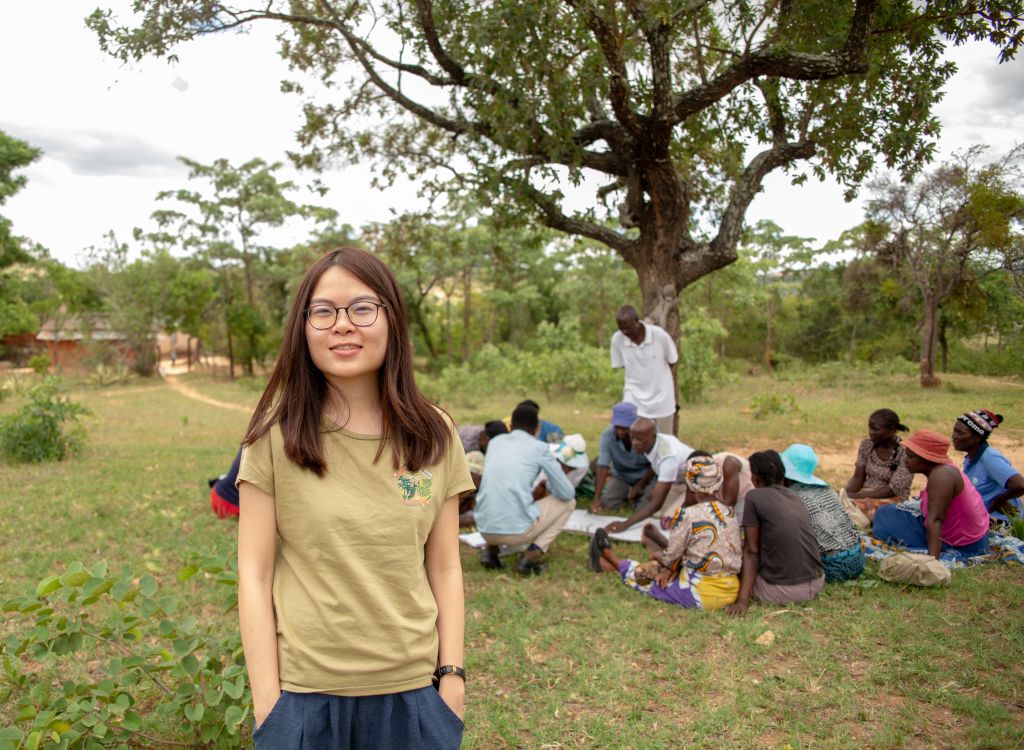CEDAR has been collaborating with 53 Christian organizations and churches worldwide from 2018 to 2019, to support 80 relief and development projects all over Asia, Middle East and Africa. With an enormous amount of projects and great needs in poor regions, how did CEDAR select and manage the projects? Let’s hear what our Programme Officer Hollace say.
Hollace noted that CEDAR’s support to a poverty alleviation project took into account of the project’s community involvement and mobilization, which included the following aspects:
1. How to enhance project’s endeavor to mobilise targeted community’s own resources?
2. How to assure better transparency and fairness in beneficiary selection?
3. Any feedback and response mechanisms?4. Is local volunteers mobilized?
5. How to mature community’s own action plan working towards its identified goals?
6. Opportunities for local transfer of knowledge and experience

Then, how did CEDAR encourage and facilitate partners to embrace more the spirit of involvement during project implementation?
Hollace continued, to enable more accurate reflection of community needs, it was desirable to work on community needs assessment and baseline survey at the beginning of projects, including the needs and potentials of community members. During monitoring trips, CEDAR would explore the voice of community and see if it matched with the project strategies. “We will guide stakeholders to rethink alternatives and opportunities for their issues, and encourage them to make change by proactively participating together to find solution,” added Hollace.

